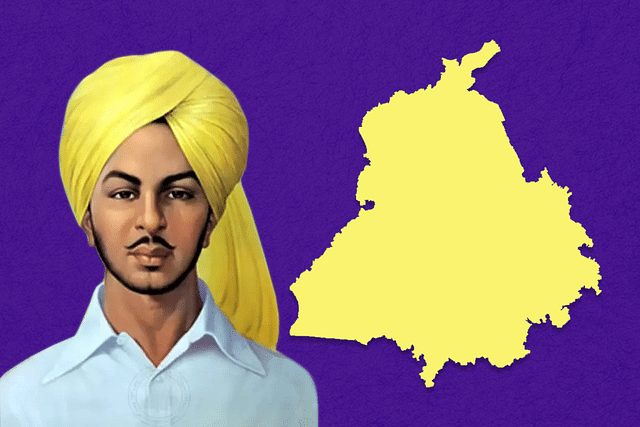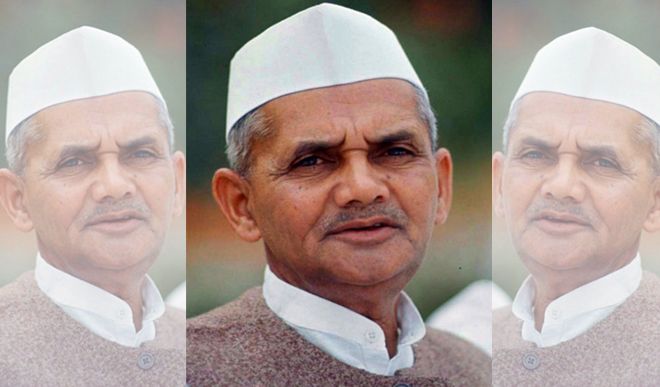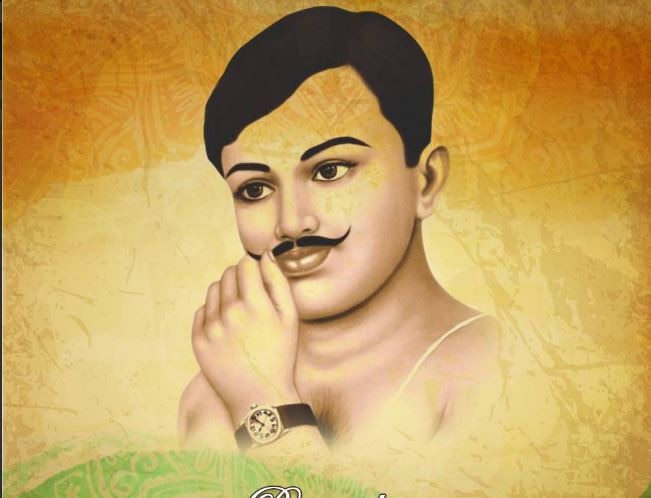
Mahathma gandhi
Mohandas Karamchand Gandhi (ISO: Mōhanadāsa Karamacaṁda Gāṁdhī;[pron 1] 2 October 1869 – 30 January 1948) was an Indian lawyer, anti-colonial nationalist and political ethicist who employed.

Mohandas Karamchand Gandhi (ISO: Mōhanadāsa Karamacaṁda Gāṁdhī;[pron 1] 2 October 1869 – 30 January 1948) was an Indian lawyer, anti-colonial nationalist and political ethicist who employed.

Bhagat Singh was an Indian anti-colonial revolutionary, who participated in the mistaken murder of a junior British police officer in December 1928 in what was to be retaliation for the death of an.
Subhas Chandra Bose was an Indian nationalist whose defiance of British authority in India made him a hero among many Indians, but his wartime alliances with Nazi Germany and Imperial Japan left.

Bal Gangadhar Tilak, endeared as Lokmanya, was an Indian nationalist, teacher, and an independence activist. He was one third of the Lal Bal Pal triumvirate. The British colonial authorities.

al Bahadur Shastri was an Indian politician and statesman who served as the second prime minister of India from 1964 to 1966. He previously served as the sixth home minister of India from 1961.

Rajendra Prasad was an Indian politician, lawyer, journalist and scholar who served as the first president of India from 1950 to 1962. He joined the Indian National Congress during the Indian

Lakshmibai Newalkar, the Rani of Jhansi, was the Maharani consort of the princely state of Jhansi in the Maratha Empire from 1843 to 1853 by marriage

Jawaharlal Nehru was an Indian anti-colonial nationalist, statesman, secular humanist, social democrat, and author who was a central figure in India during the middle of the 20th century. Nehru

Lala Lajpat Rai (28 January 1865 - 17 November 1928) was an Indian Punjabi author and politician who is chiefly remembered as a leader in the Indian Independence movement. He was popularly known as Punjab Kesari.

Chandra Shekhar Sitaram Tiwari, popularly known as Chandra Shekhar Azad, was an Indian revolutionary who reorganised the Hindustan Republican Association under its new name.